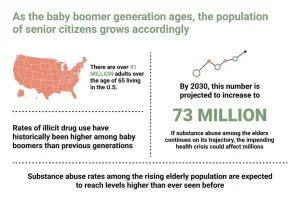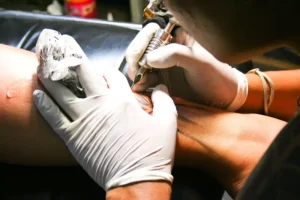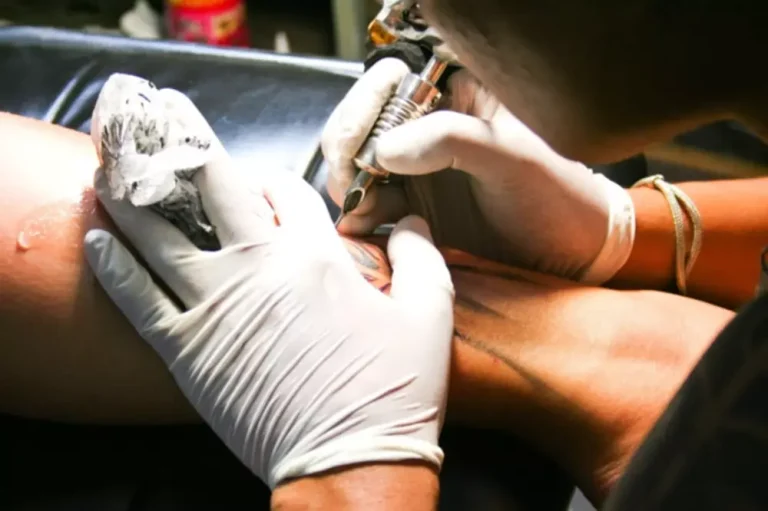How to Stop Drinking Alcohol Ways to Overcome Alcoholism

It gets in the way of recovery, self-acceptance, and accessing help when needed. Studies show that craving has a distinct timetable—there is a rise and fall of craving. In the absence of triggers, or cues, cravings are on a pathway to extinction soon after quitting. But some triggers can’t be avoided, and, further, the human brain, with its magnificent powers of association and thinking, can generate its own. Studies show that craving for alcohol peaks at 60 days of abstinence. Cravings are the intense desire for alcohol or drugs given formidable force by neural circuitry honed over time into single-minded pursuit of the outsize neurochemical reward such substances deliver.
- Odds are, your desire is no secret, either — which is why you should be wary if that person tries to “trade” a change in addictive behavior for something.
- It is often a long and bumpy path, and relapse is nearly inevitable—but that doesn’t spell the end of recovery.
- These stages can help prevent relapse and support people to live healthier, fuller lives.
- He says that the group has sought more funding from Health Canada, to expand the group’s reach and possibilities, such as educating students about drugs and alcohol.
- If a person is worried someone they care about has AUD, they should consider the following steps.
Harvard Health Ad Watch: Got side effects? There’s a medicine for that

Recovery from alcohol addiction generally follows the stages of abstinence, withdrawal, repair, and growth. Another clue that can be an indication of an unhealthy relationship with alcohol is if you make “rules” around drinking. A sober life doesn’t have to mean more time at home as you try to block out triggers. It can mean more time for your other interests, and even new interests. More time to meet new people, catch up with old friends and try new things.
Life

Perhaps the hardest preparations to make concern social relationships. For people living with addictions, some of their relationships may revolve around addictive behaviors. Though addiction recovery is challenging, addiction is treatable. With supportive resources and the right treatment approach, you can overcome the physical and mental challenges you face in order to recover. People who have a substance use disorder often find that overcoming it is more challenging than they expected.
How to Actually Quit Drinking, for Now or Forever
Studies show support groups play an instrumental role in helping https://ecosoberhouse.com/ people develop healthy social networks that result in continued sobriety. Tap into your social network to help support you through alcohol withdrawal. Find a supportive friend or family member to be with you while you withdraw and support your new non-drinking lifestyle.

The National Institute on Drug Abuse (NIDA) suggests that 40% to 60% of people with substance use disorders experience a relapse at some point. Recovery from AUD is marked by stages of abstinence, withdrawal, repair, and growth. While the process may take several years, the outcome is a happier, healthier life where you have the freedom to fulfill your full potential. While the abstinence stage of withdrawal causes mostly physical symptoms, post-acute withdrawal is very psychological and emotional.

Other research pinpoints the values of cognitive behavioral therapy for relapse prevention, as it helps people change negative thinking patterns and develop good coping skills. Although addiction tends to cut people off from longtime friends, social support is a significant predictor of recovery. They may know something about the person’s deepest aspirations and voice them as a reminder that can help the person remain on the road to recovery.

How can you help a person with alcohol use disorder?
And one measure of a comprehensive substance abuse treatment program is the help it offers to enrollees to identify their interests and find and build a meaningful career path. Individuals with experience and expertise may find a route to full employment by first being willing to offer their skills pro bono or as a volunteer to businesses or nonprofit organizations in their field. Gaining the skills to avoid relapse is a necessary part of the recovery process. At least equally necessary is developing in a positive direction out of the addiction. The key is cultivating new how to overcome alcoholism goals and taking measures to move towards them.
- By avoiding alcohol, you’re taking a big step toward improving physical health.
- In particular, she’s committed to helping decrease stigma around mental health issues.
- While the recovery period may be challenging, it’s also filled with milestones that can transform your life into one that’s better than you could have previously imagined.
Alcohol Support Groups and Resources
- Keep in mind the reasons you chose to cut back on or quit alcohol.
- In fact, people in recovery might be better off if the term “relapse” were abandoned altogether and “recurrence” substituted, because it is more consistent with the process and less stigmatizing.
- Not only is exercise one of the most effective natural remedies for alcohol withdrawal, but it’s also good for your self-confidence and recovery.
- Be ready to offer these up as examples when having a conversation with your loved ones.
It’s possible to develop a better relationship with alcohol and make more mindful, informed choices about drinking without total sobriety. Knowing why you drink is essential, says Cyndi Turner, LCSW, LSATP, MAC, a Virginia therapist specializing in addiction treatment and alcohol moderation. No matter how complicated and difficult the process towards full recovery may seem, change is possible. Remembering, replacing, and re-engaging are three tools on your personal road to overcoming the struggle. The severity of your addiction should guide your treatment search.Alcohol detox, a partial hospitalization program or inpatient or outpatient treatment may be effective options. Incorporating holistic healing into your treatment through art therapy, recreational therapy, or even yoga may further help you overcome addiction.


